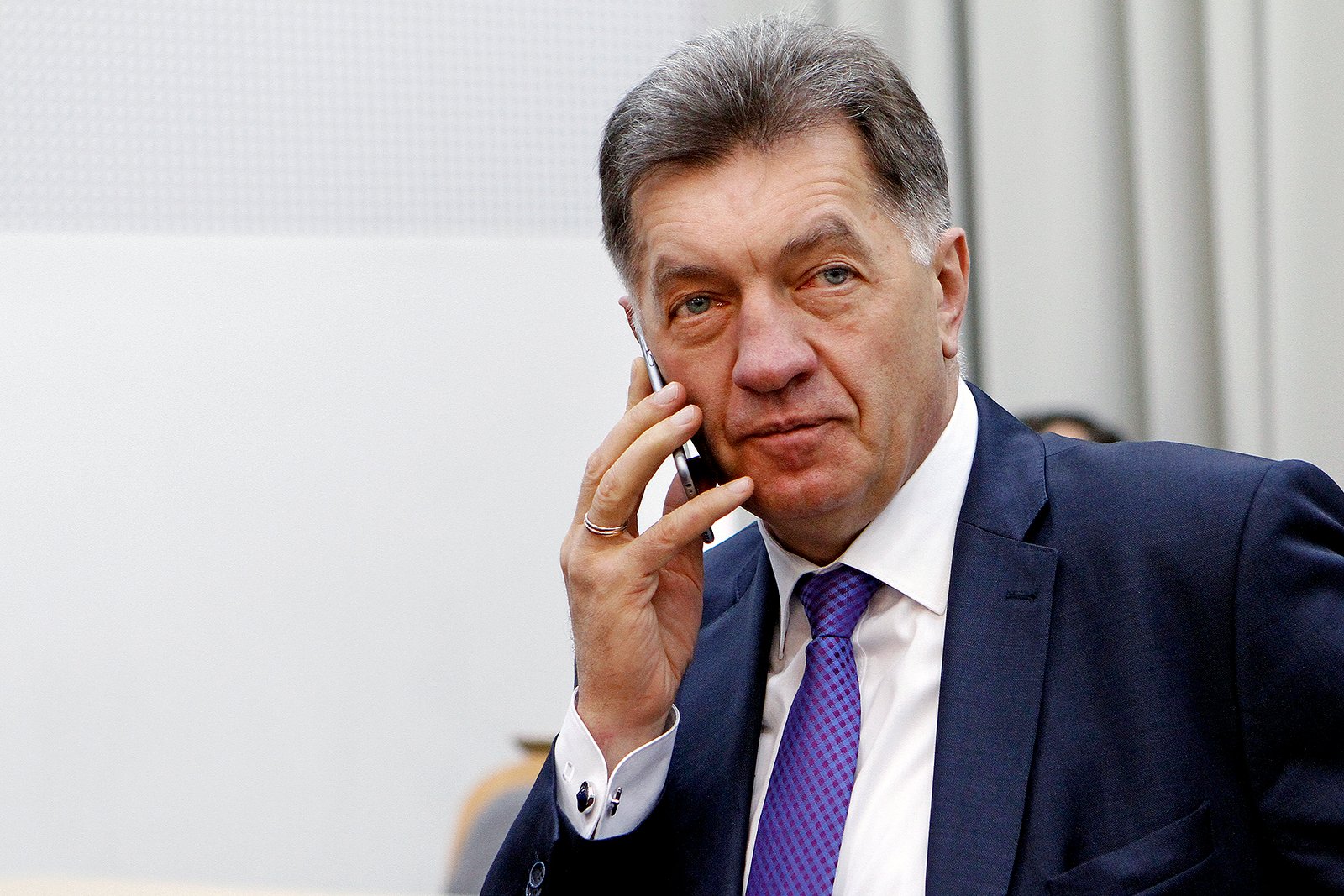

DELFI (R. Achmedovo nuotr.)
“I am not a pessimist and I would like to refer to the data which, to my mind, is the most important: Eurostat data shows that, in 2014, the number residents of Lithuania who faced poverty and social exclusion was smaller by 11 percent compared with 2013. This information is made public throughout Europe and is available for other countries,” Butkevičius said on LRT radio.
Experts note, however, that social exclusion is in fact growing in Lithuania. According to Jekaterina Rojaka, DNB Bank’s chief economist for the Baltic states, the gap between the highest and the lowest earners is at its widest since 2006.
Asked how this can be so during economic growth, PM Butkevičius has said that there are many kinds of statistics, while the biggest social exclusion that Lithuania has seen so far was five years ago.
“The biggest inequality of income in Lithuania was in 2010 when, with 7.3, we topped the European Union’s list of coefficients of income distribution. Meanwhile, the income distribution coefficient in the study of income and living conditions of 2014 remained unchanged compared with the previous year and stood at 6.1,” the prime minister said.
I admit it: I’m not that type of person who follows domestic and international politics…
While Prime Minister Gintautas Paluckas does not take issue with the statements made by the…
Lithuanian economists are surprised to see our country's economic growth: the Estonian economy has been…
"The fate of Nemuno Aušra (Dawn of Nemunas) in the coalition has been decided; they…
Airvolve, a Lithuanian dual-purpose aeronautics company, has successfully completed its first round of testing and…
The world is becoming smaller, more intertwined, and increasingly fragmented, with many of the previous…